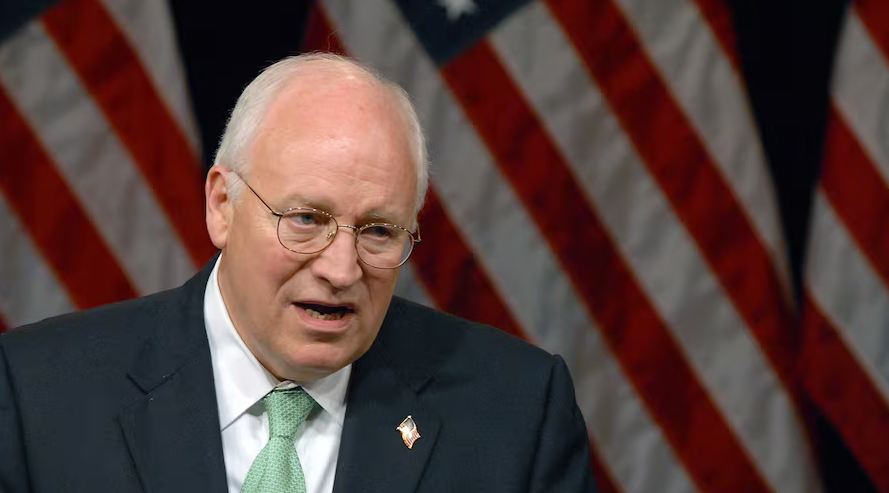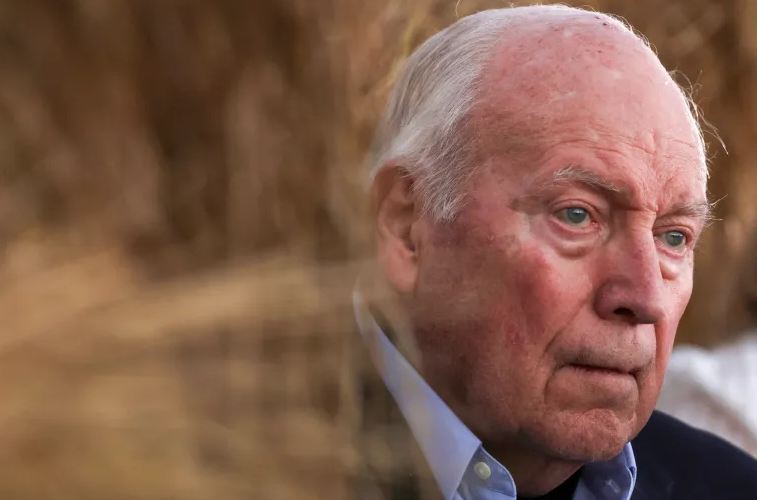Former United States Vice President Richard B. Cheney passed away on November 3, 2025, at the age of 84. He died at home with his wife of 61 years, Lynne, and his daughters, Liz and Mary, by his side. His family announced that his death was due to complications related to pneumonia and cardiovascular disease.
From his early days to the twilight of his career, Cheney held major posts including White House Chief of Staff, U.S. Representative from Wyoming, Secretary of Defense and ultimately Vice President. He served as the 46th Vice President, holding office for two terms alongside President George W. Bush from 2001 to 2009.
Early Challenges and High Office
Born in Lincoln, Nebraska in 1941, Cheney’s rise through political ranks positioned him as one of the most powerful vice presidents in modern American history. During his time in office, he helped guide the country through unprecedented challenges — none more stark than the terrorist attacks of September 11, 2001. In the midst of national crisis he filled the leadership vacuum when President Bush was away from Washington. His tenure was marked by the firm belief that America faced existential threats and by his involvement in shaping the so-called “war on terror.” He played a major role in the decision to invade Iraq on the assumption of weapons of mass destruction — a move that would define the era and provoke intense debate over its justification and costs.

Health Battles and Later Years
Cheney battled serious heart problems for much of his adult life. He survived multiple heart attacks and eventually underwent a heart transplant in 2012, a procedure he later described as “the gift of life itself.” His health struggles never fully receded, and the burdens of long-term illness and invasive treatment undeniably shaped his personal narrative in later years. In retirement, Cheney continued to weigh in on public affairs, though his standing within his own party shifted. He emerged as a vocal critic of then-President Donald Trump, labeling him a “coward” and the greatest threat the country had ever faced, accusing him of attempting to steal the last election through violence and lies. In a surprising twist, he even threw support behind Democrat Kamala Harris in the 2024 election, breaking with the Republican fold he once helped steer.
Legacy and Reflection
His family described him as a “great and good man” who taught his children and grandchildren “to live lives of courage, honor, love, kindness, and fly fishing.” For millions, he was a symbol of austere conservatism and executive power; for others he embodied the pitfalls of modern American foreign policy. His passing brings to close a chapter in American political life. The era during which he served was defined by seismic events: a sweeping global war, the expansion of executive authority, and contested debates over national security, civil liberties, and America’s role on the world stage. Cheney leaves behind a nation still grappling with those questions.

Final Moments
As the man who once stood in the command center of the U.S. government during its darkest hours, Cheney’s final act was surrounded by those he loved. The country he helped lead now says farewell. His life — entwined with the triumphs and controversies of early-21st-century America — will be studied and remembered, with all its complexity, for years to come.

















